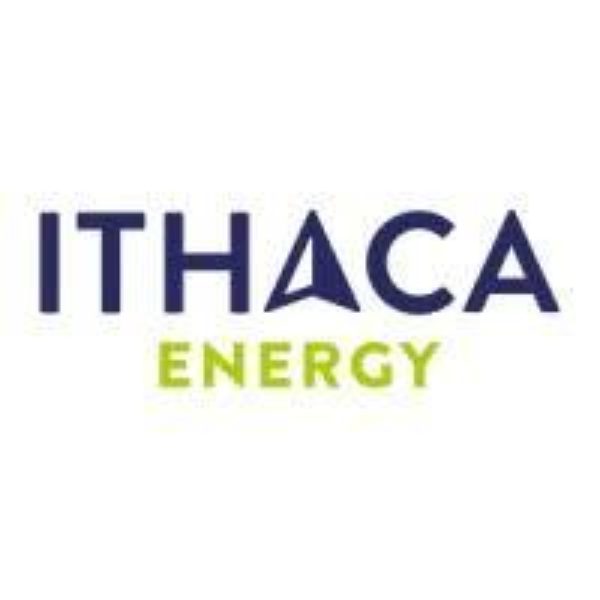With nearly two decades of experience in Emergency Management, Jillian Thomson has established herself as a leading expert in the field. Her extensive background includes ten years as a Major Emergency Management Instructor, training candidates to OPITO standards. She holds SQA accreditation as both an Assessor and Verifier and frequently works offshore when required. In 2021, Jillian began collaborating with Ethos Empowerment and shortly thereafter founded her own business, Peak Crisis Management Consultancy. We explore her journey and the critical services she provides.
From Police Officer to Emergency Management Specialist
Jillian's foray into Emergency Response coaching began during her tenure with Grampian Police, where she served for seven years starting in 2005. Her role as an Energy Liaison Officer involved assisting with offshore inquiries and managing related incidents. The tragic North Sea helicopter incident in 2009 was a pivotal moment in her career. Temporarily stationed at BP headquarters, Jillian was introduced to emergency response plans and gained invaluable insights into offshore emergency response. This experience ignited her passion for emergency management.
Transition to Major Emergency Management Instructor
Capitalizing on this newfound interest, Jillian transitioned to a role as a Major Emergency Management Instructor with Petrofac Training. Over the next decade, she accumulated extensive experience not only in the oil and gas sector but also in the renewables industry. This wealth of knowledge and expertise led her to establish Peak Crisis Management Consultancy Ltd in October 2021, specializing in Major Emergency Management and Emergency Response.
Common Struggles in Emergency Preparedness
In her role, Jillian identifies several common struggles organizations face regarding emergency preparedness. She emphasizes the importance of prioritizing Emergency Response and having a structured framework, especially for Offshore Installation Managers, Control Room Operators, Command Teams, and Emergency Teams. However, the demands of ongoing operations can sometimes cause Emergency Response training to take a backseat, leading to faded skills and a lower overall standard of preparedness. Simplified emergency drills and exercises might result in less effective training, further compromising emergency readiness.
The Importance of High-Quality Training Exercises
Jillian stresses that high-quality Emergency Response exercises are crucial for both Emergency Managers and their teams. These exercises must be realistic and thoroughly debriefed, with learning points highlighted and necessary changes implemented. They should align with the Major Accident Hazards specific to each site or installation, ensuring that everyone, including non-essential personnel, understands the objectives and requirements of the Emergency Manager and their teams. Jillian’s approach involves developing bespoke exercises tailored to each client’s unique needs, sometimes drawing on historical emergencies they have experienced.
Best Practices for Effective Emergency Response
Best practices in Emergency Response, according to Jillian, involve having a robust framework for each discipline. This allows individuals to see what they need to achieve competence and understand when revalidation is necessary. She advocates for developing bespoke Emergency Response training programs for individual companies or sites, which has proven to be highly effective. For instance, Jillian developed a major upstream oil and gas client’s Emergency Response training program, significantly improving competence across all their assets.
Empowering Through Regular Training
Regular training, whether conducted individually or as a team, is crucial. Although real emergencies are rare, quality training empowers people to take the correct actions effectively when needed. Jillian can deliver training offshore, on-site, or using the bespoke simulator at Ethos Empowerment within Montrose Port. These flexible solutions cater to what is most suitable for clients. The training ensures all Emergency Response Plans are aligned, and the appropriate responses and actions are taken.
A Rewarding Career
What Jillian enjoys most about her work is seeing people develop their skills and progress in their roles. Helping individuals who have never managed an emergency to handle incidents effectively and efficiently is incredibly rewarding. Additionally, the diverse range of activities in her job keeps it interesting. She travels, works offshore, and handles onshore projects, and the relationships she builds with clients make every day different and engaging.

